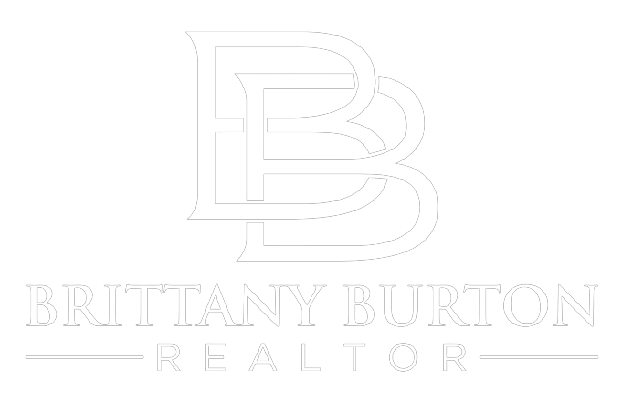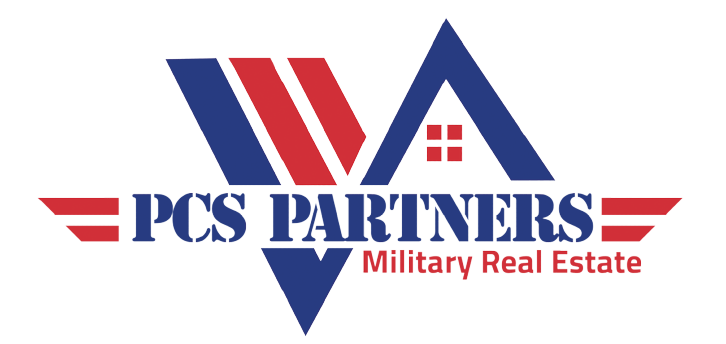other costs
Some condos also include some or all of the utilities in their fees. While shopping, it is of utmost importance to know what is included in the charges of each property and what is not. These fees can vary greatly from one building to the next. Accurate planning requires a thorough understanding of how condo fees add up to the bigger financial picture.
It’s also worth noting that some buildings charge condo fees separately from HOA fees. HOA membership is often mandatory. Thus, you must also determine whether your HOA dues are included in your condo fee.
Insurance
Condo owners insure their properties in the same way as traditional home owners. However, condominiums have a different set of insurance requirements. Thus, many insurance companies now offer special coverage for condominium owners. You probably won’t be surprised to learn that this is commonly called condo insurance.
With regard to insurance, it is important to pay attention to coverage gaps. Some HOAs provide condo insurance to member owners. However, some HOAs expose their members to higher levels of risk in order to keep premiums low and more attractive. Thus, you should always do a thorough evaluation simultaneously. Compare every detail of the HOA’s plan against proposals from independent insurers. Insurance is generally not a good place to reduce risk, and it is always wise to reduce your risk exposure.
HOA and condominium boards
Most HOAs are supportive, community-oriented organizations that work for the common good of all their members. However, as many people find out the hard way, this unfortunately isn’t universally true.
Thus, you should do your research on the track record of the HOA that governs any condo you are considering. When doing your due diligence, consider:
- HOA bylaws and governance standards.
- Financial records, especially as they apply to the HOA’s reserve fund.
- The prevailing opinion about the HOA among current building residents.
- Its litigation history regarding issues such as unpaid taxes, unpaid dues, unpaid condo fees and actions against unit owners.
- Any pending lawsuit or legal action against the HOA.
- Any history of bankruptcy.
If you find any red flags that you cannot resolve, you may want to consider another property.




